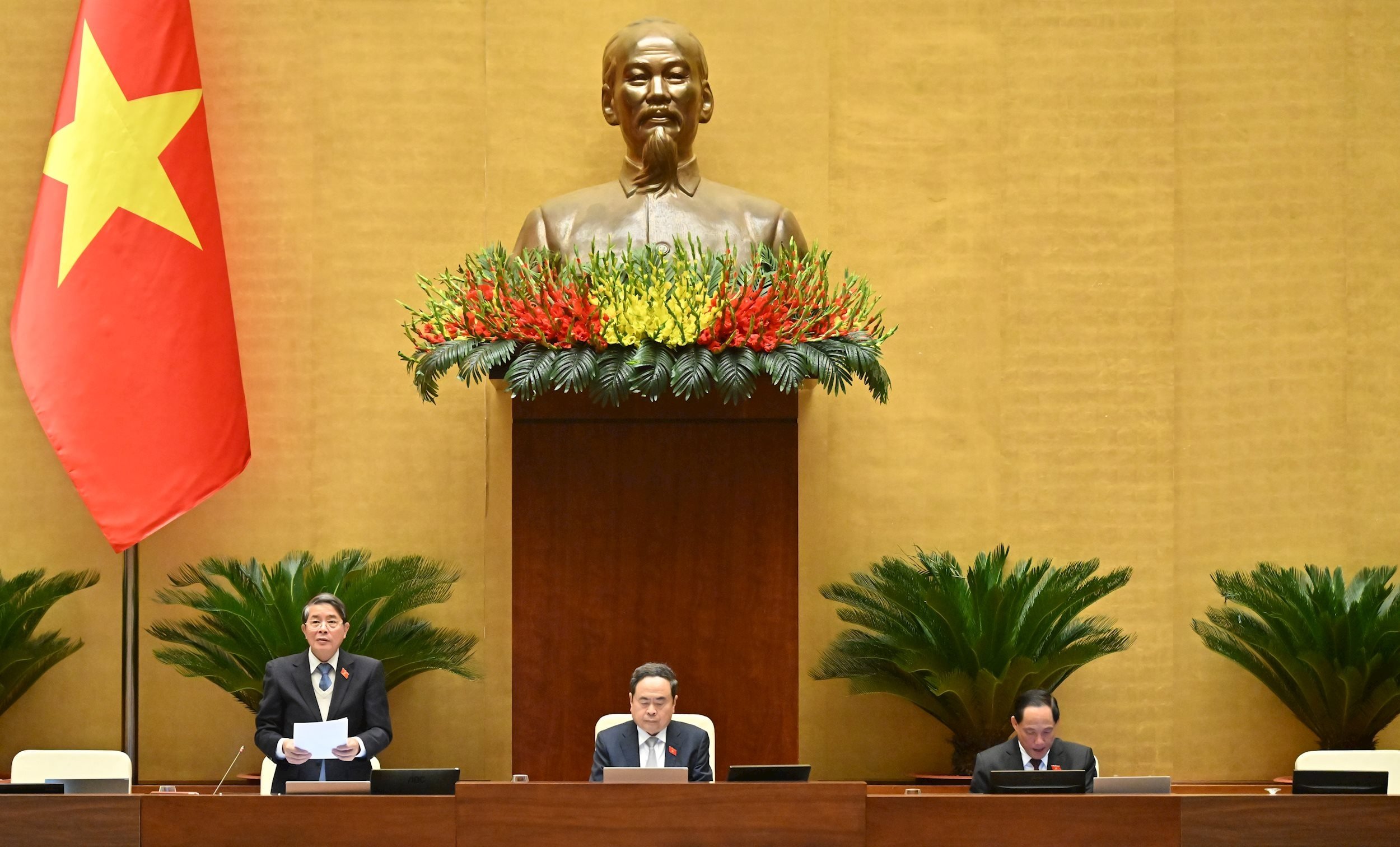
Consider the actual endurance of the people
The majority of National Assembly deputies approved the promulgation of the draft Law on Personal Income Tax (amended) to expand the tax base; review, amend and supplement regulations on taxpayers and taxable income. Study and adjust the threshold and personal income tax rates for some types of income to ensure consistency with the nature of each type of income and the regulatory objectives of personal income tax.
At the same time, research to adjust the family deduction level for taxpayers and dependents, amend and supplement regulations related to a number of specific deductions to suit the new context; reduce the number of tax brackets of the progressive tax rate table applied to income from salaries and wages to simplify the tax table...
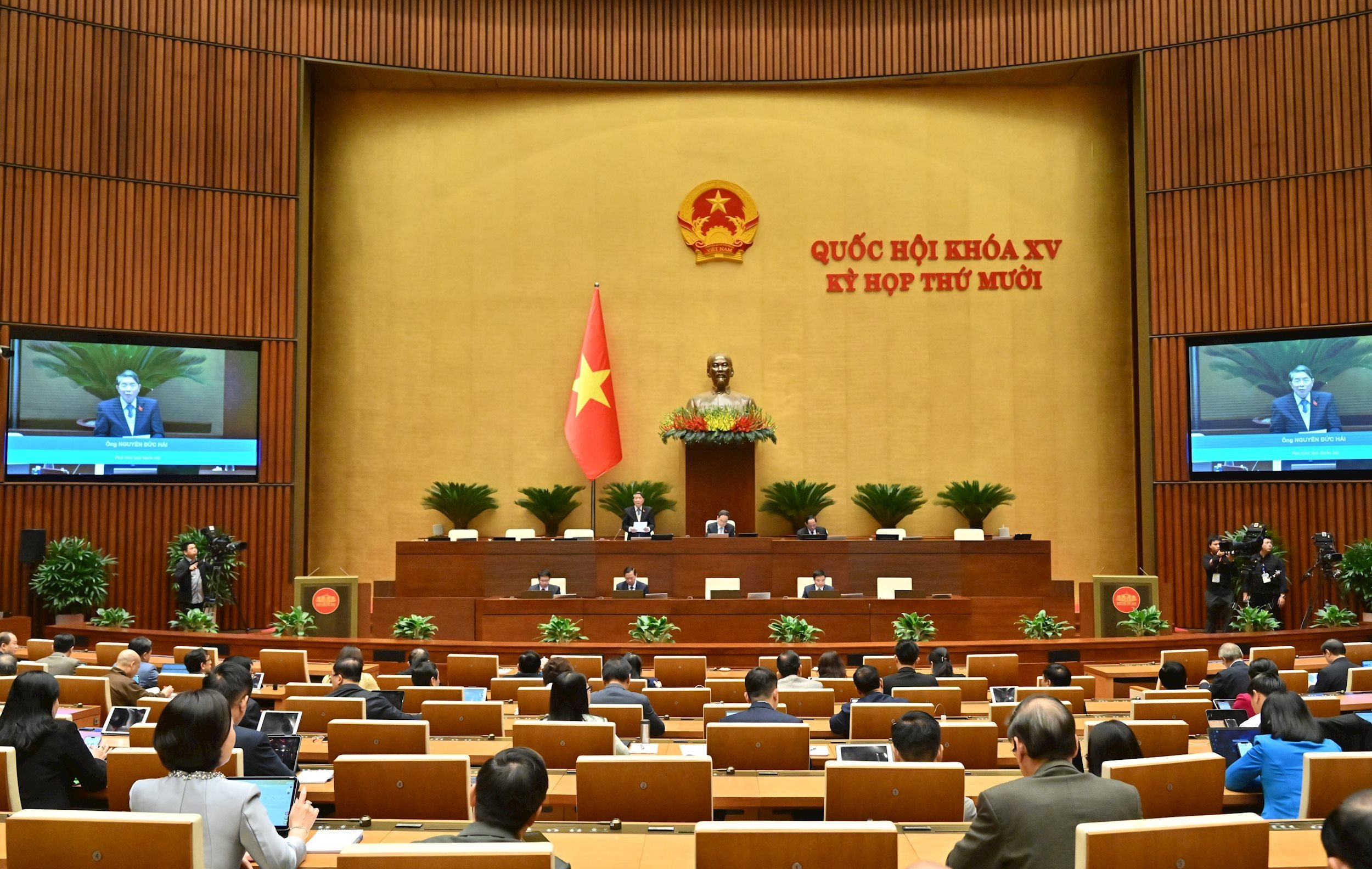
However, National Assembly Deputy Nguyen Hoang Bao Tran ( Ho Chi Minh City) noted that it is necessary to consider the actual endurance of the people. Especially in the current context, many small traders and small businesses are facing many difficulties due to natural disasters, epidemics, and the constantly escalating cost of living. The situation becomes even more serious when considering the fact that our country has continuously faced natural disasters and epidemics with storms, rains, floods, and inundations recently.
Delegate Nguyen Hoang Bao Tran suggested that when individual businesses are affected by natural disasters or epidemics - which actually happen very often in Vietnam - there should be a mechanism to exempt or reduce personal income tax. For example, if the total taxable income after deducting expenses in the year of damage is lower than a certain threshold set by the National Assembly or the Government , it can be exempted from tax; if possible, only the excess part should be taxed at a lower rate to reduce the pressure on recovery.
Regarding taxable income (Article 3), some opinions believe that this is an important content, directly related to the rights and legitimate interests of taxpayers. Therefore, it needs to be specifically regulated in the Law to ensure clarity, transparency, and stability of the policy, creating consensus in society.
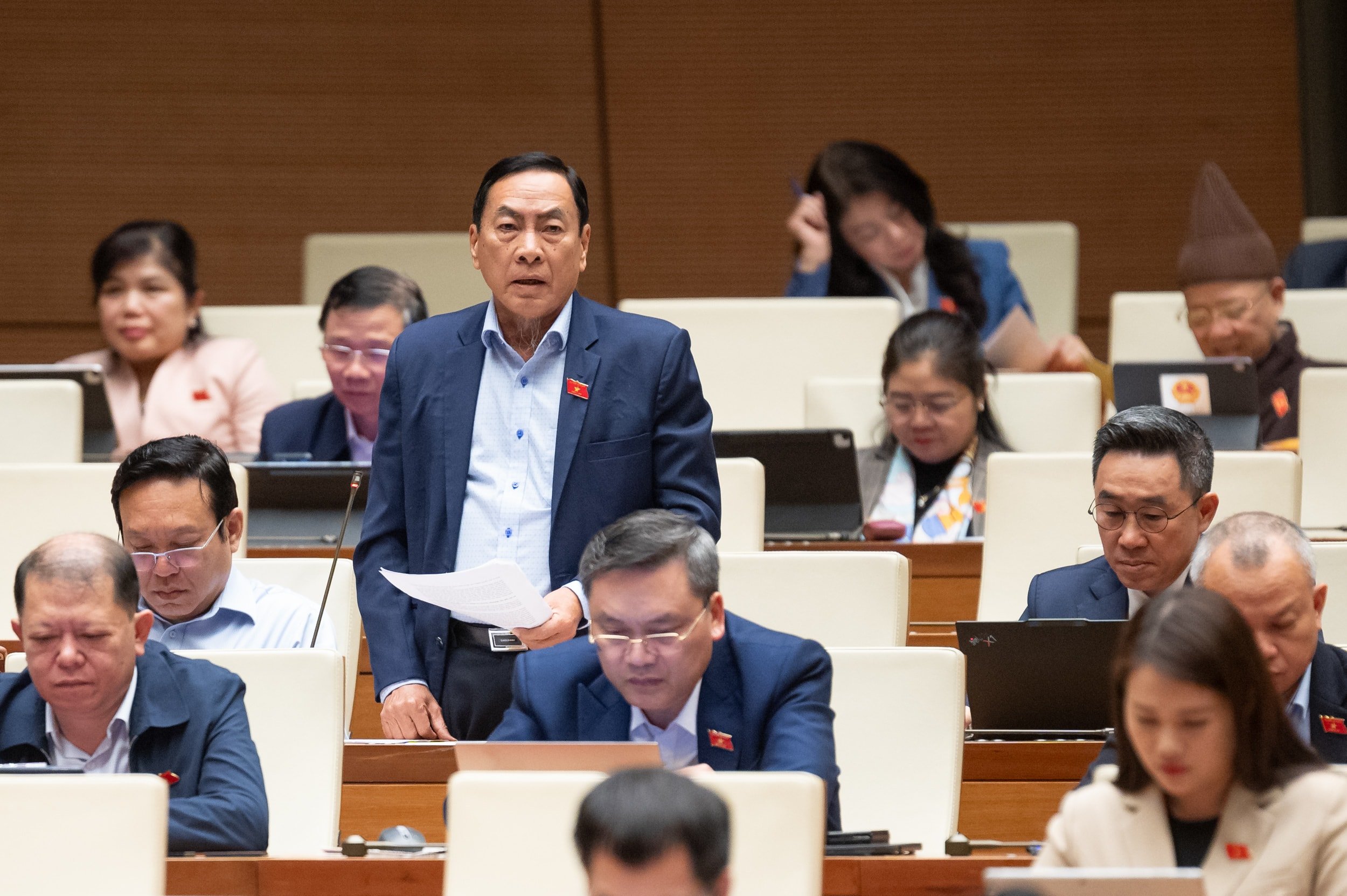
From practice, National Assembly Deputy Pham Van Hoa (Dong Thap) suggested that it should be regulated directly in the Law instead of assigning the Government to regulate in detail, because this is content directly related to people's lives.
A tax rate of 0.1% is not enough to limit speculation that destabilizes the market.
Regarding gold bar transactions, according to the provisions of the law on gold trading and the law on investment, gold bar trading is a conditional business activity. Only enterprises and credit institutions licensed by the State Bank to trade in gold bars are allowed to trade in gold bars.
Buying and selling gold bars without a license is a violation of the law in gold trading.
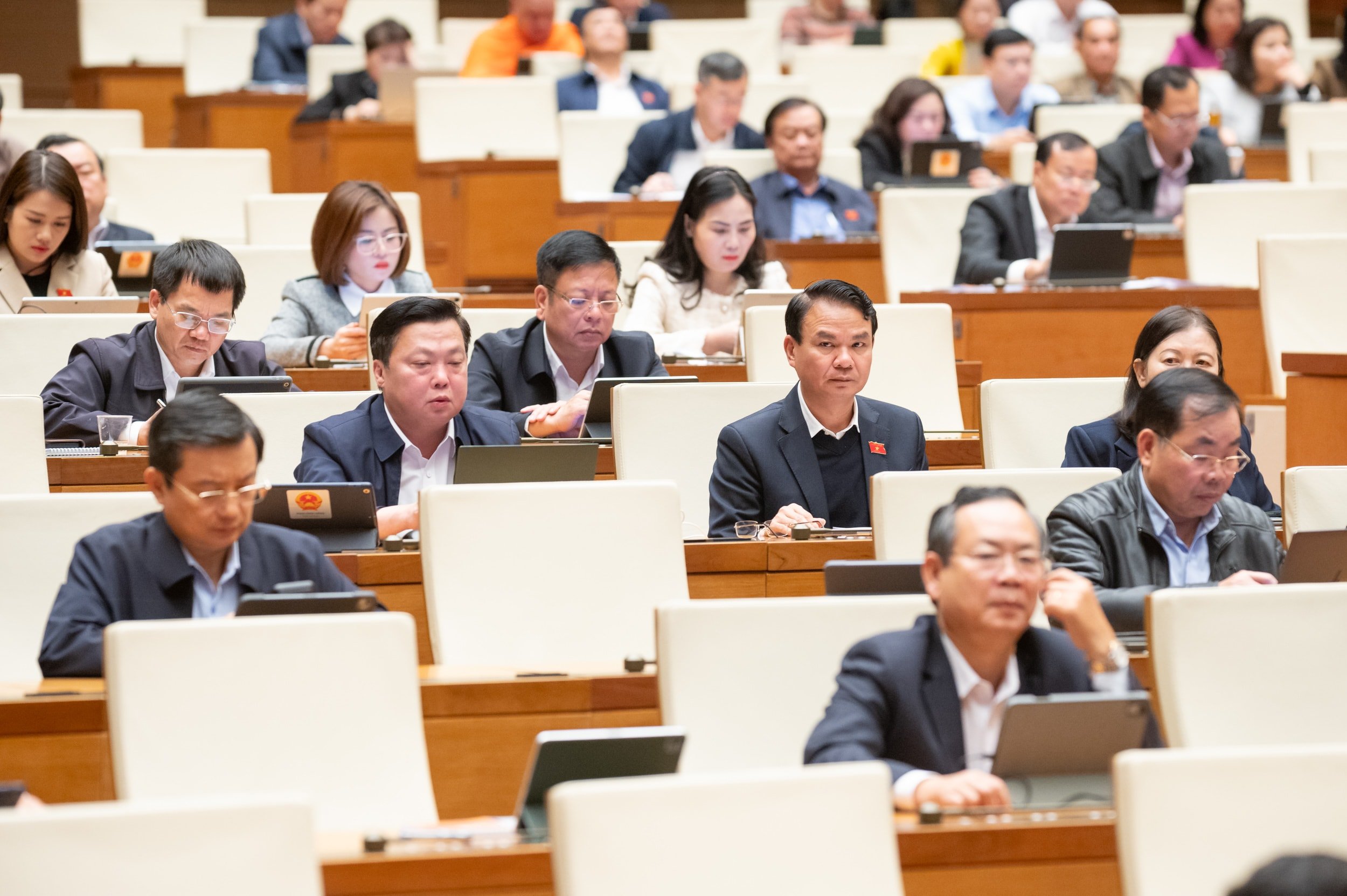
Therefore, individuals are not allowed to trade in gold bars. The buying and selling of gold bars by individuals that generates income is determined as other income (not income from business).
Based on research, consultation and acceptance of opinions from relevant agencies, the draft Law proposed to collect a 0.1% tax on gold bar transfers to improve market transparency, limit speculation and assign the Government to specify the taxable gold bar value threshold, the time of application and adjust the tax rate in accordance with the gold market management roadmap.
Delegate Pham Van Hoa said that cases of buying and selling gold bars for speculation and profit must be taxed. However, the tax rate of 0.1% is too low, has no regulatory meaning and is not enough to limit speculation that causes market instability.
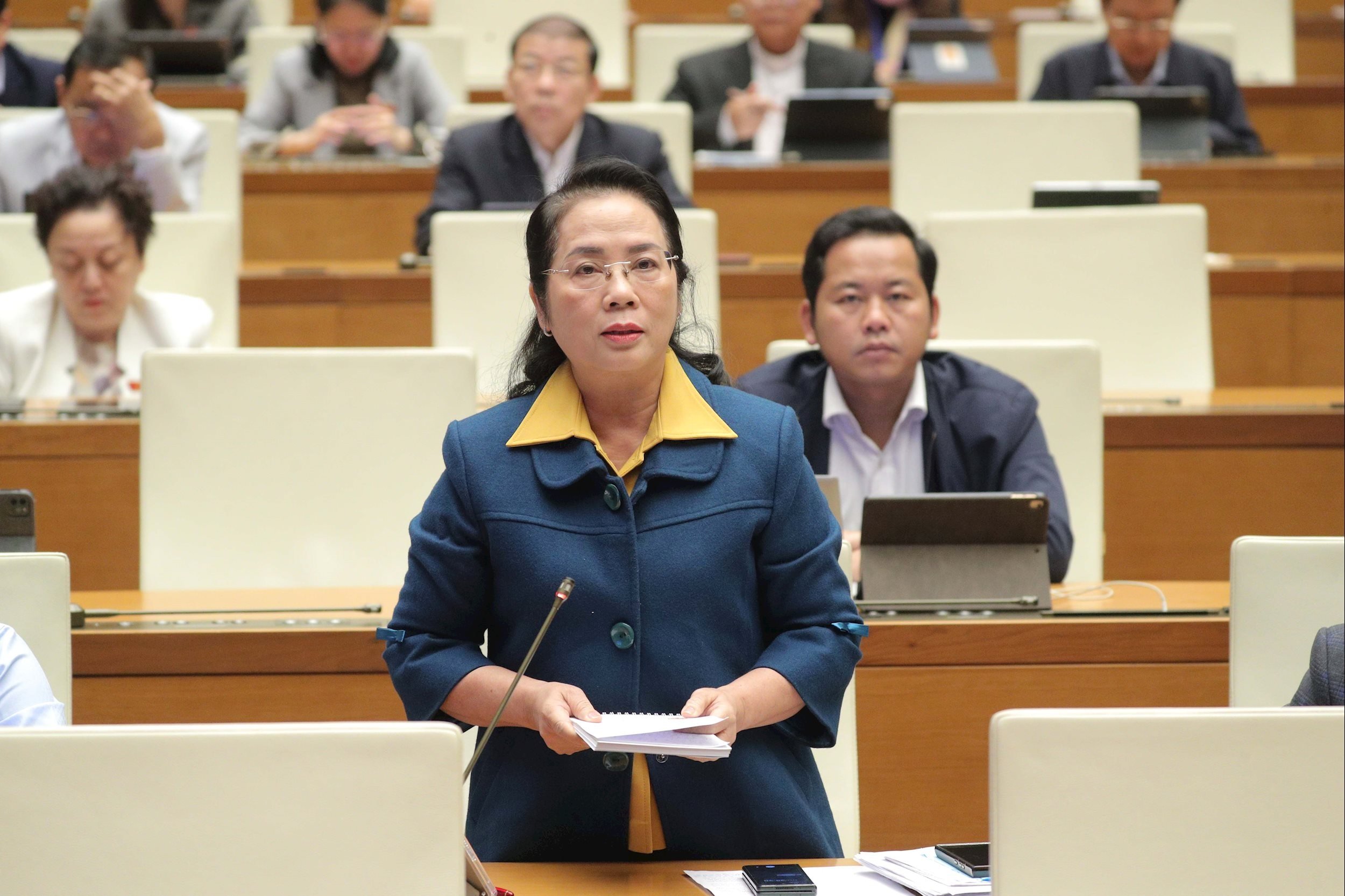
Sharing this view, National Assembly Deputy Tran Kim Yen (Ho Chi Minh City) said that it is important to have effective measures to limit speculation, as well as appropriate management mechanisms to make the gold market healthy.
However, for people and families who buy gold to reserve, accumulate for the future, for their children and grandchildren, or to prepare for illness and then sell the gold bars, delegate Pham Van Hoa proposed tax exemption, because the purpose is not for business buying and selling.
Sharing this view, delegate Tran Kim Yen stated that most people consider gold as an accumulated asset, a savings from daily income. People often buy gold from small amounts of money to save for the future and prepare for unexpected situations in life, such as funerals, weddings, illnesses... When needed, they sell gold to cover expenses.
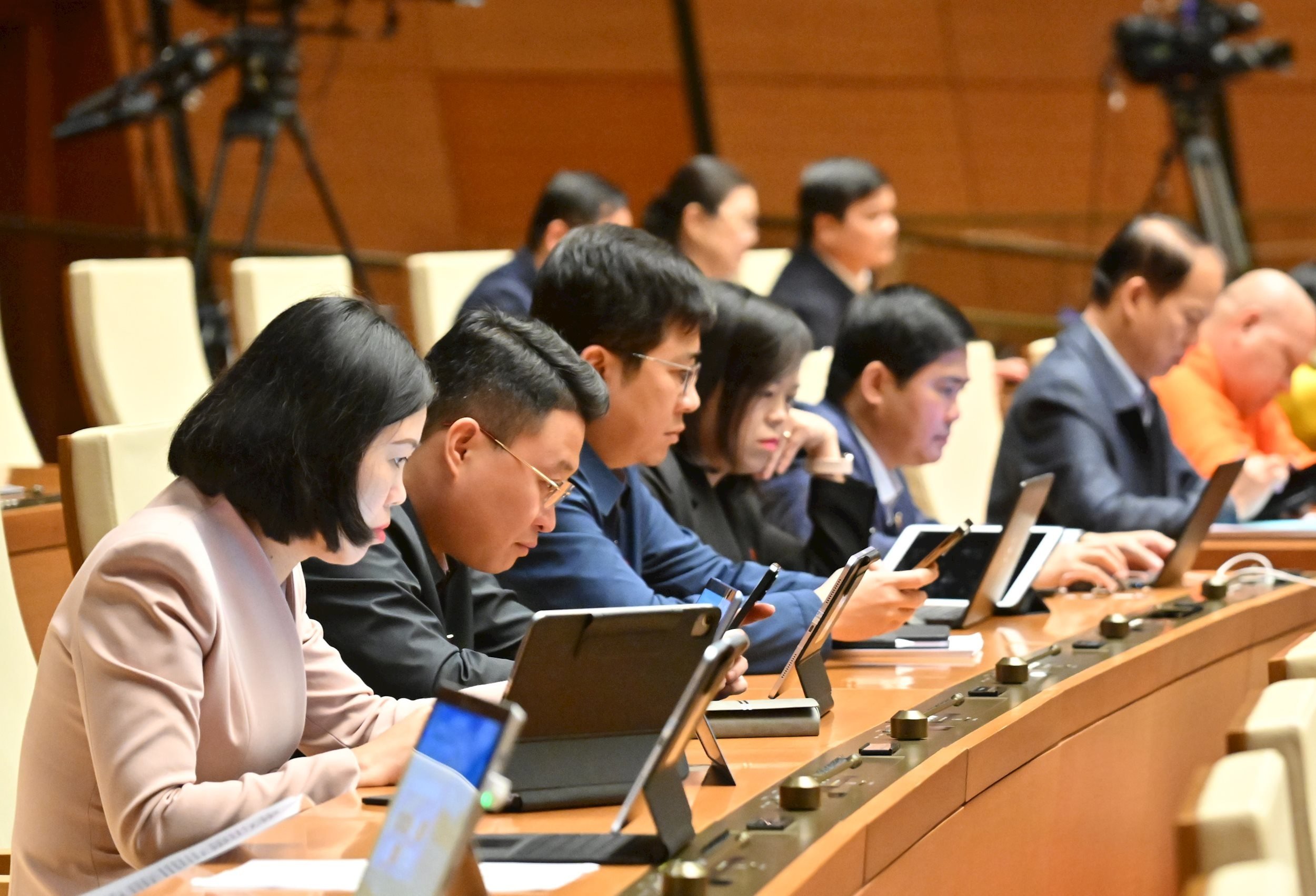
“It is worth mentioning that the money used to buy gold is already after-tax income, but when selling gold, it is still subject to tax. Is this a tax on tax ? Taxing people's gold savings is not very humane and not socially appropriate. Meanwhile, in terms of economic management, our goal is to tax speculators who cause disruption in the gold market.”
Emphasizing this, delegate Tran Kim Yen also agreed that the draft Law assigns the Government to regulate the threshold value of gold bars subject to tax, the time of collection, and the mechanism for adjusting tax rates for gold bar transfers; and requested the Government to soon issue a guiding decree so that it can be applied immediately when the law comes into effect.
Source: https://daibieunhandan.vn/can-bien-phap-hieu-qua-de-han-che-dau-co-va-lanh-manh-thi-truong-vang-10396282.html








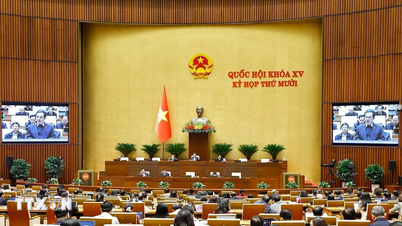

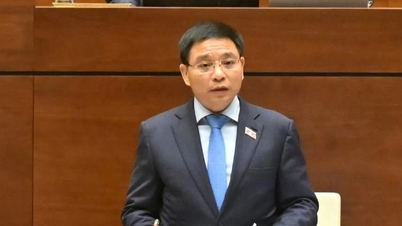

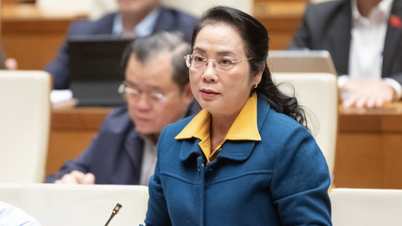

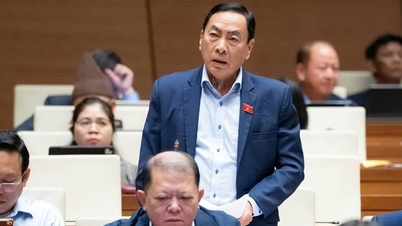

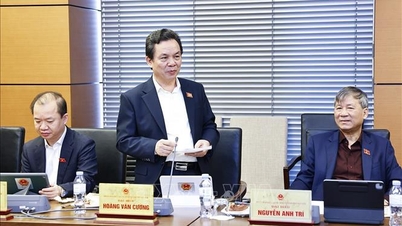



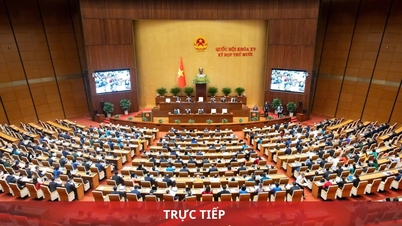
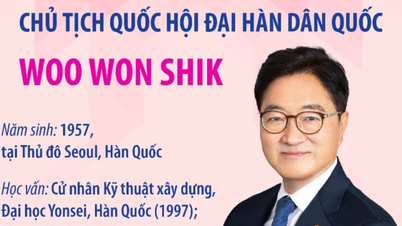
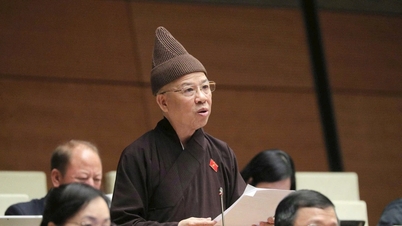
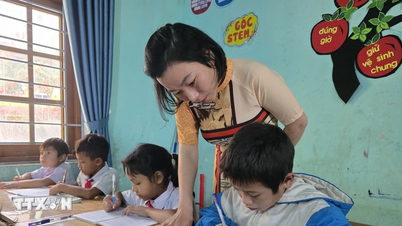
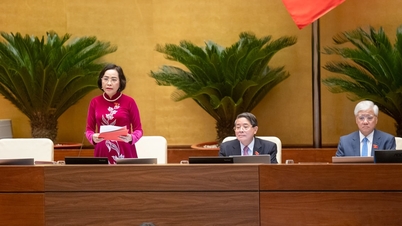




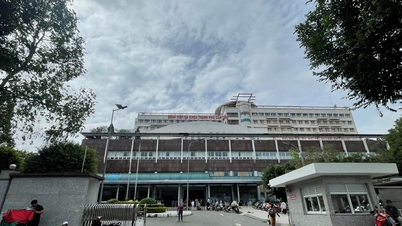
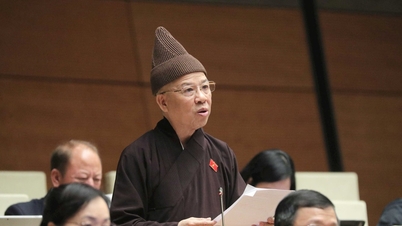
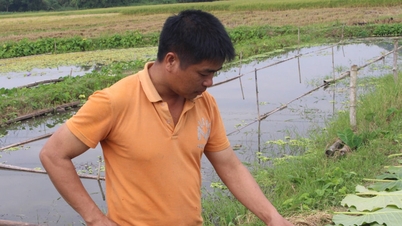
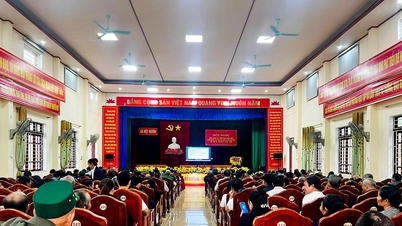

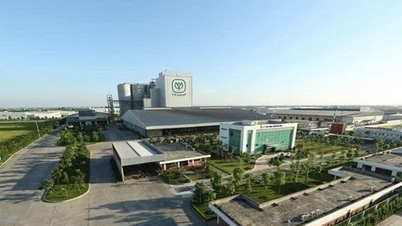









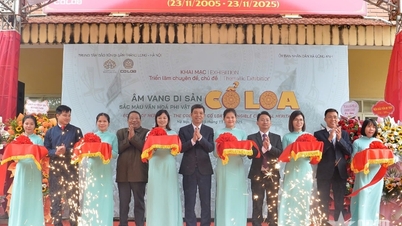

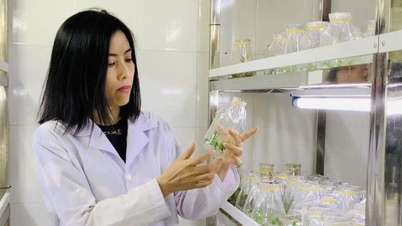

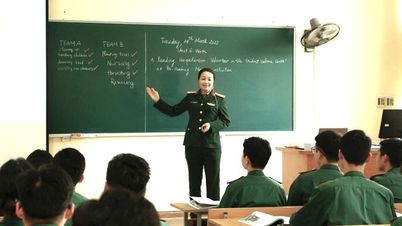




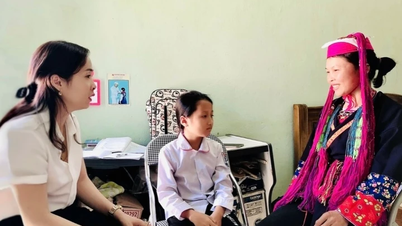
















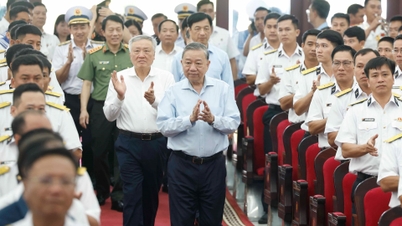







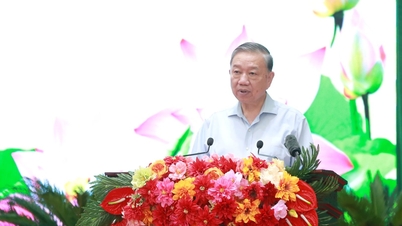


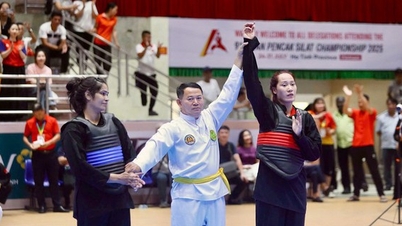







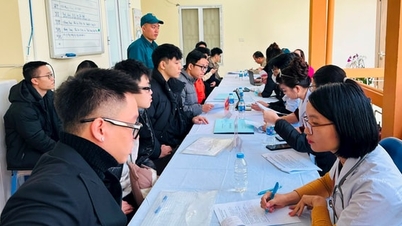


















Comment (0)